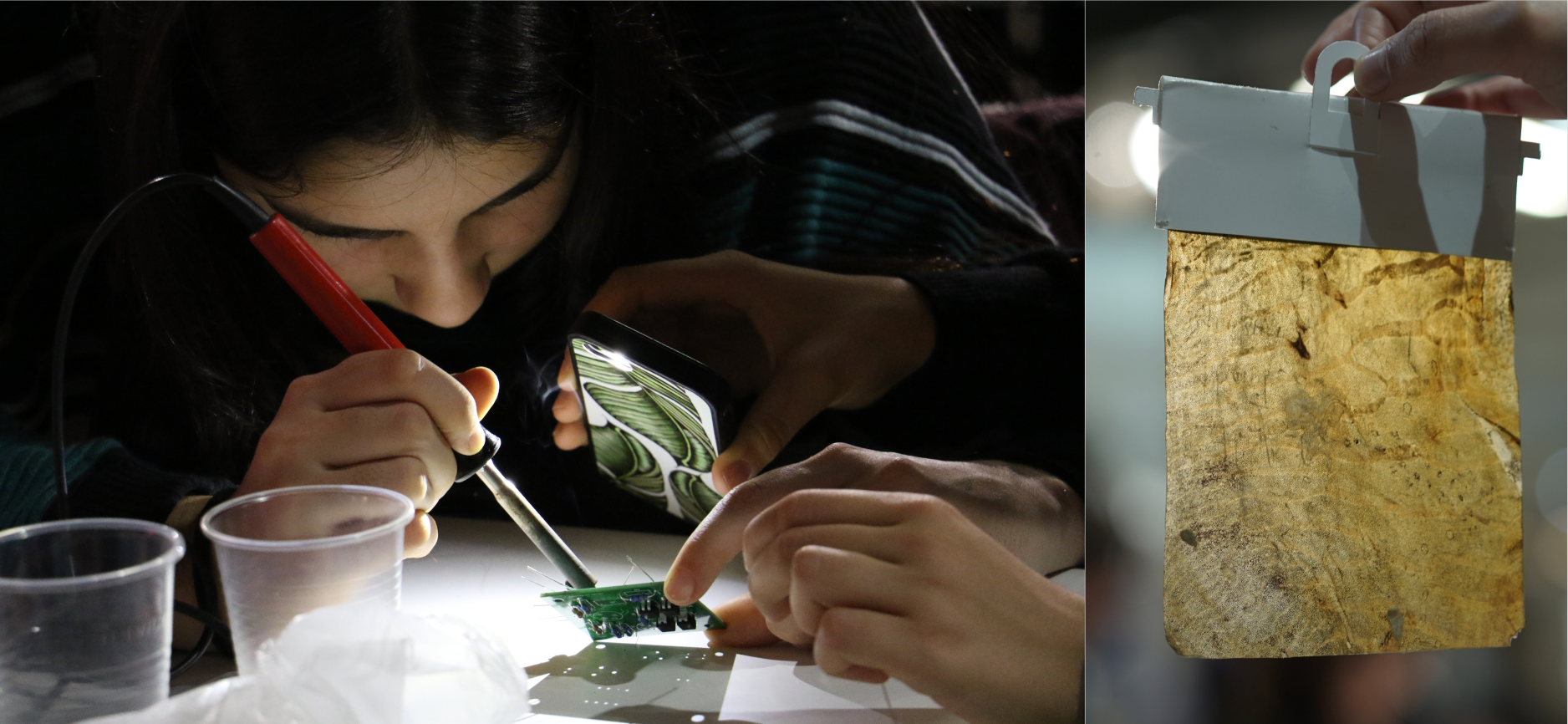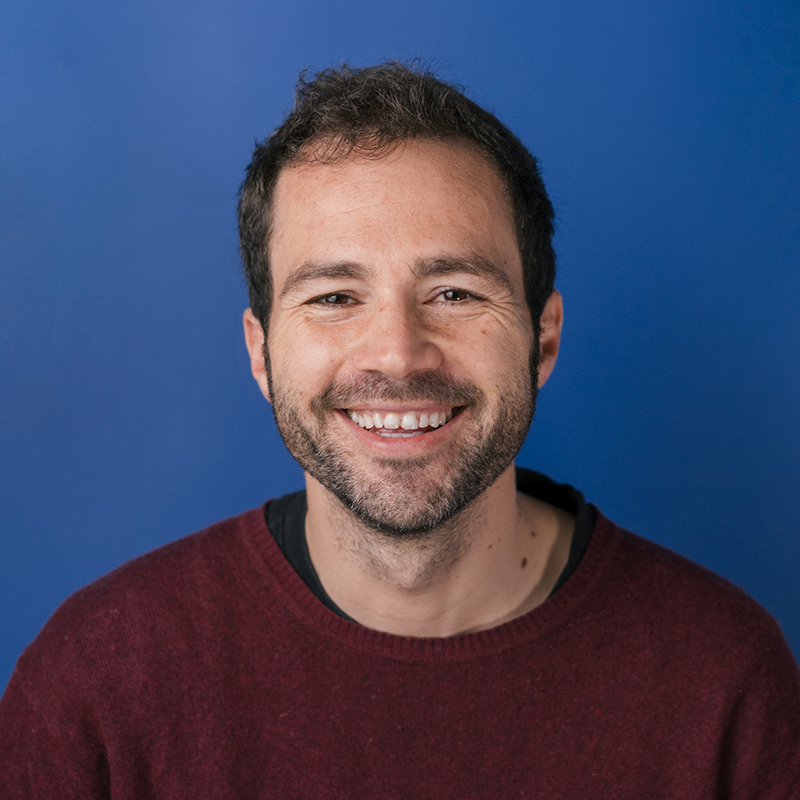Syllabus⇝
The Emergent Technologies course is designed to provide students with a comprehensive understanding of advanced digital fabrication techniques, with a particular focus on electronics and design. The course is based on the Fab Academy curriculum, developed by the Center for Bits and Atoms (MIT), and combines its global pedagogical framework with local, hands-on learning.
The program offers a balanced blend of theoretical knowledge and practical experience, enabling participants to develop skills across multiple domains of digital fabrication, computational design, and electronics. By the end of the course, students will have developed a robust portfolio of projects and gained a deep understanding of how to integrate emerging technologies into their design practice.
Keywords: Documentation, Tinkering, Design, Prototyping, Digital fabrication
Learning Objectives⇝
- Develop skills in electronics production and embedded programming.
- Explore advanced topics in wearable technology, soft robotics.
- Gain hands-on experience in digital fabrication techniques.
- Foster creativity and innovation through interdisciplinary experiences.
Methodological Strategies⇝
- Elective Modules: Each student must select 4 modules from a range of specialized topics, allowing them to delve deeper into areas of personal interest and relevance to their future careers.
- Hands-on Learning: The course emphasizes practical, hands-on workshops and projects, enabling students to apply theoretical concepts in real-world scenarios.
- Interdisciplinary Approach: By combining modules from different domains, the course encourages an interdisciplinary approach to design and innovation.
- Collaborative Learning: Students will have the opportunity to join classes with peers from different backgrounds. This collaborative environment fosters a rich exchange of ideas and perspectives, enhancing the learning experience.
Materials Needs⇝
All materials needed for the course will be provided by the faculty. The students are required to bring to the classes their own students toolkit and the programming boards given to them at the start of the academic year, other development boards, sensors and actuators will be provided during the workshop.
Bring in your laptop and any prototyping tools you have around such as a cutter, tape, markers, screwdrivers...
Schedule⇝
Students are required to select 4 elective modules from the following options:
- Electronics Design (Wed 2026-02-25 to Wed 2026-03-04), Electronics Production(Wed 2026-03-11 to Wed 2026-03-18): 2 modules, need to sign up for both
- Embedded programming (Wed 2026-02-11 to Wed 2026-02-18)
- Networking and communications (Wed 2026-04-01 to Wed 2026-04-08)
- Molding and casting (Wed 2026-04-22 to Wed 2026-04-29)
- Wildcard week (Wed 2026-05-13 to Wed 2026-05-20)
- Mechanical design, Machine design (Wed 2026-04-08 to Wed 2026-04-22) : counts as 2 modules.
For each selected module, students are required to attend (in the protolab) at minimum the following classes and complete the module assignments:
- Local Classes: Every Thursday and Friday from 9:30 am to 13:30 pm CET, depending on the week
- Global Class: Every Wednesday at 15:00 pm CET with Neil Gershenfeld and the Fab Academy Global Faculty.
In addition to attending these sessions, students must actively complete all assignments and deliverables for their selected modules, with an estimated personal dedication of at least 8 hours per week, distributed according to their individual schedules.
Deliverables⇝
Students are required to:
- Document all their projects and module deliverables on their personal websites. Including:
- Design process
- Fabrication and design files (links)
- Videos an pictures (also gif)
- Reflection (failures and mistakes)
- Follow the same documentation standards as the Fab Academy program.
- Produce working prototypes and project demonstrations for each module.
- For Machine Design, students must deliver a more complex group project.
Grading and Evaluation⇝
Assessment is based on the timely submission and quality of the required assignments for each module.
Submission deadline: All assignments must be published on the project website by the following Wednesday after the end of the module.
Late submissions: Any deliverable submitted after this deadline will receive a penalty of –0.5 points on the module grade per day of delay.
Feedback: Students will receive qualitative feedback during the week following the submission deadline, to support learning and improvement.
Final grades: Official grades will be communicated at the end of the Academy year.
European Credit Transfer and Accumulation System (ECTS)
3 ECTS
Course Resources⇝
Faculty⇝
Santiago Fuentemilla Garriga , is Master degree in Architecture and postgraduate in digital fabrication and rapid prototyping (Fabacademy). He accumulates more than 15 years of experience in studios (OPR, FHAUS, OPERA, Brullet de Luna associats), designing multidisciplinary projects at an international level. Since 2013 he is part of the IAAC - Fab Lab BCN team, as coordinator and leader of Future Learning Unit (FLU), an area of research, design and implementation of innovative educational models that promote growth, learning and creativity to generate opportunities to achieve the goals and challenges of uncertain futures. FLU participates in private and EU funded research projects such as TEC-LA, Shemakes, Ruractive, DOIT, Phablabs 4.0, Creative Minds, among others. He is director of the global academic programs Fab Academy and Fabricademy, in the Barcelona node, executive board of Fab Learning Academy, and faculty of the Master in Design for Emergent Futures (MDEF) and The Master in Design for Distributed Innovation (MDDI).
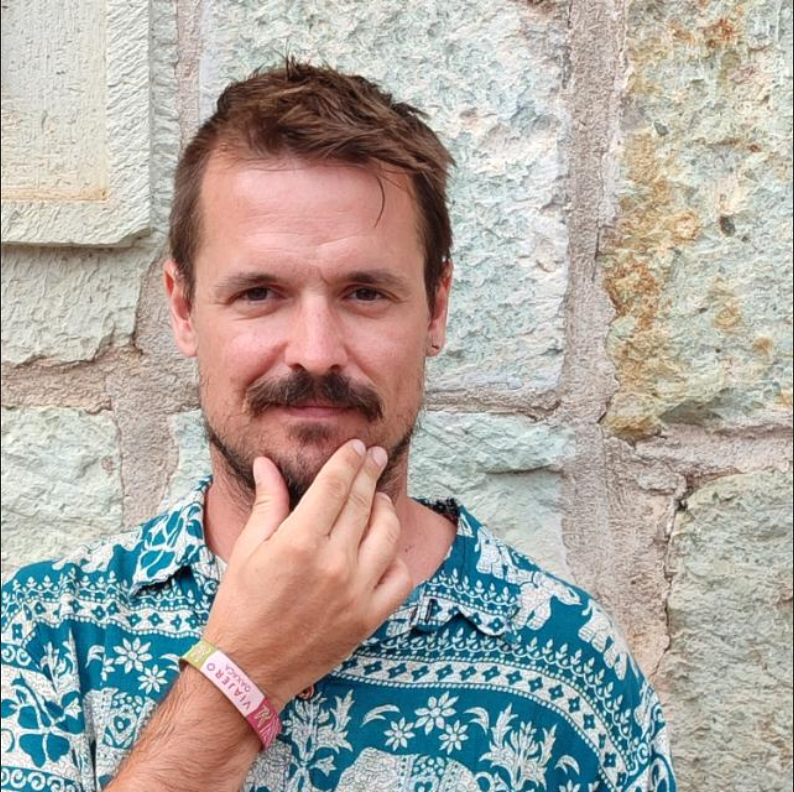
Daniel Mateos
Digital Fabrication Expert
Multidisciplinary maker and educator with skills in 3D design, 3D printing, metalworking, electronics, programming, biology, and extensive education experience. I have developed careers in the fields of biology, data science, and education. I am currently in transition to employment that uses my skills in digital fabrication, metalworking and electronics. I’m an extremely capable self-learner, very sociable and would love to integrate in a team with shared values to have an impact in the world, preferably at local scale.
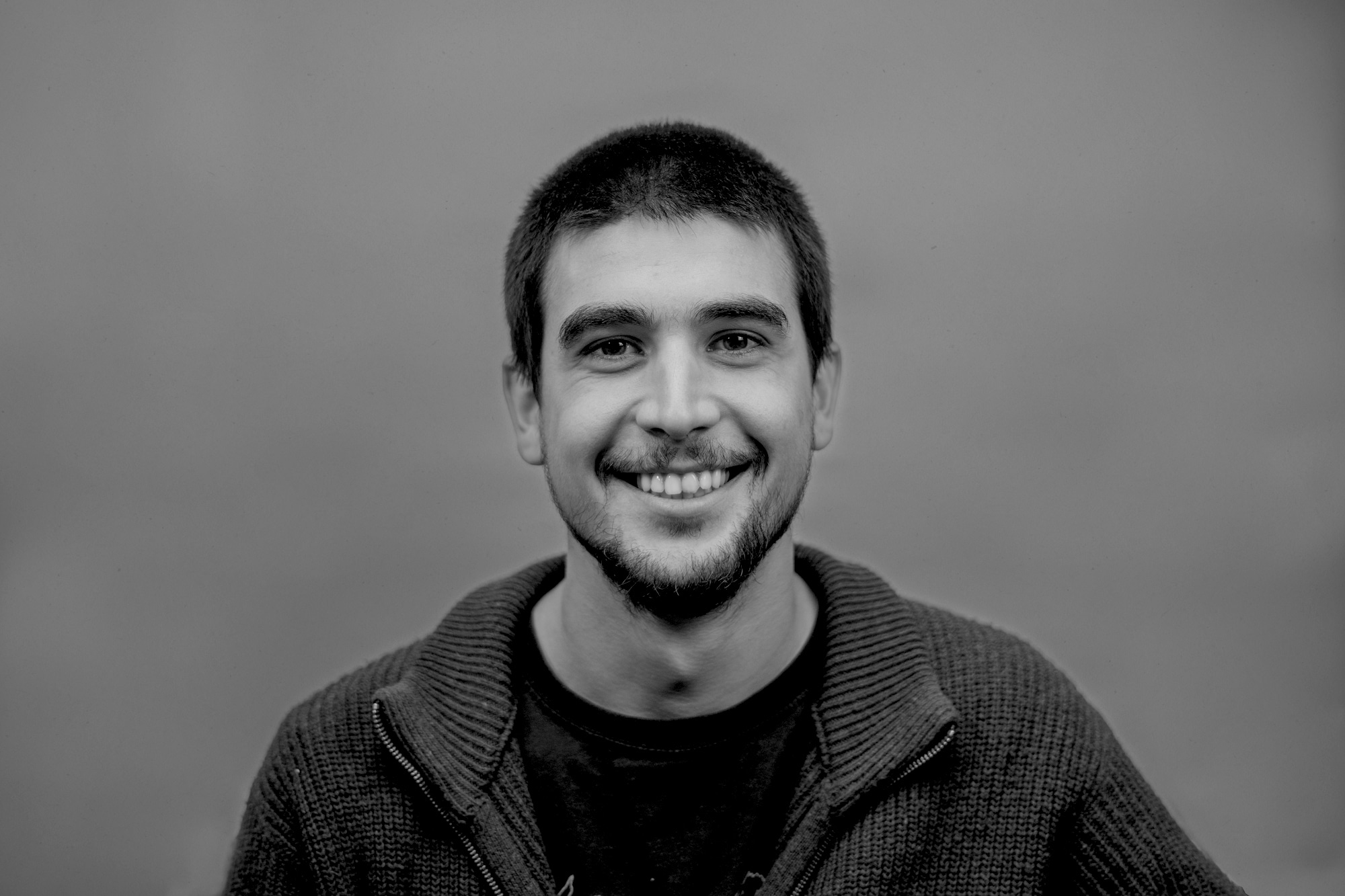
Adai Surinach
Digital Fabrication Expert
Adai graduated with a superior degree in engraving and stamping techniques at Llotja School of Art and Design in Barcelona. After graduation, he became interested in 3D printing, taking him to get involved in Fab Labs until becoming an intern at Fab Lab Barcelona. Shortly after, Adai undertook Fab Academy in 2022 and started working at the lab in different projects like Smart Citizen and as an instructor in academic programs.
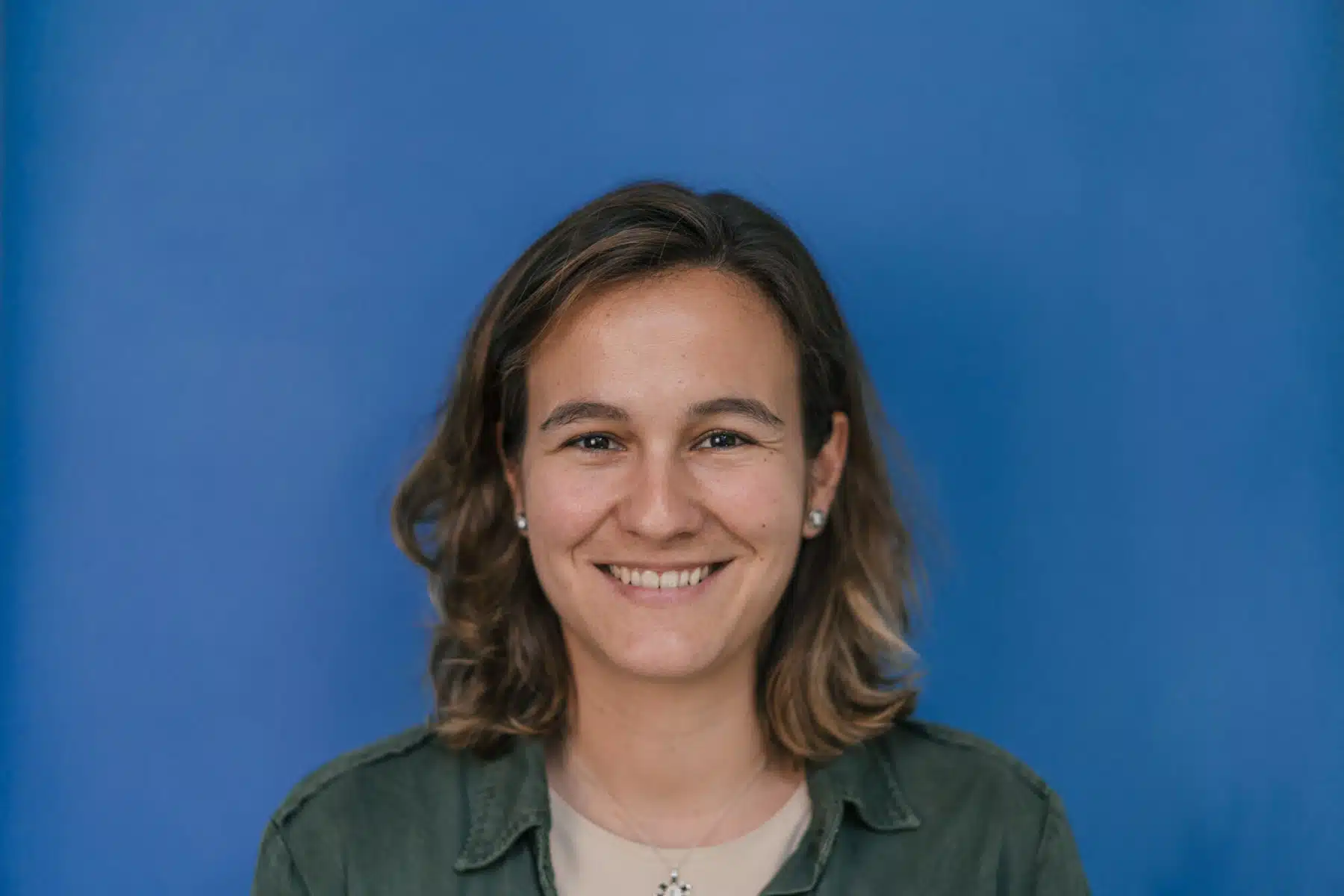
Julia Leirado Silva
Future learning expert
Julia Leirado is an architect based in Barcelona interested in educational innovation and how new technologies and digital fabrication tools can intersect with traditional education curriculum and their impact on improving the learning experience. She holds a Graduate Diploma in Architecture from the Polytechnic University of Catalonia (ETSAB), a master’s in Project Management (EAE), and a Fab Academy diploma in digital fabrication from the Fab Lab Network.
